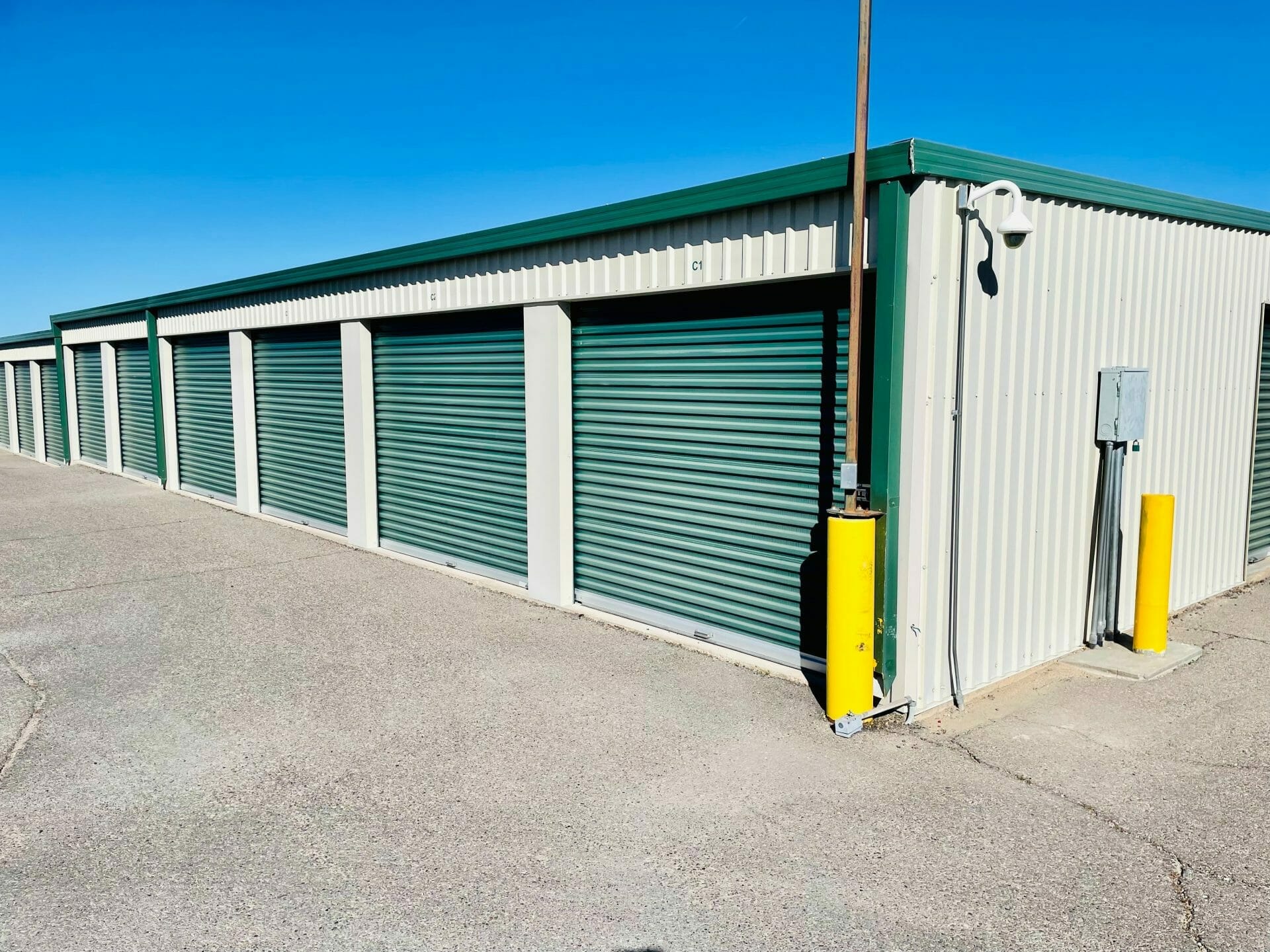So you have decided to rent a self-storage unit at a facility that offers such services. Now you need to lug all of your belongings to your car or van, load them up, drive them to the storage container, and unload them. Is there a more convenient alternative? Yes! When you use mobile self-storage, the storage container travels to you.
What is self-storage?
One option for safe storage is the use of a self-storage unit, usually within a building or gated complex. Self-storage units come in many different sizes, and you can select one that best suits your requirements from the options available. If you have items that are sensitive to temperature, you can store them in a unit that is climate-controlled, which is provided by many facilities. Depending on the company, you may only be able to access your storage unit during the specified hours, or you may have access to it at all times.
What is mobile self-storage?
Traditional self-storage entails the consumer renting out space within a storage facility. The “self” in “self-storage” is an important part of the name because it means that the customer is responsible for all parts of the storage process, including loading, unloading, stacking, and getting to their things while they are being stored.
Your storage firm will bring a storage container to your property on a trailer as part of its mobile self-storage service. The container will be parked outside your home so that you can load it there. After that, the storage company brings the whole container back to its own storage facility. You can still get to your things by going to the container where they are stored, just like you would at any other self-storage facility.
You may find, however, that the interior of the mobile self-storage facility is not quite the same as that of the typical purpose-built one: rather than corridors of units with their metal roller doors, the mobile storage containers are often stacked one on top of the other (using forklift trucks) in a large warehouse. This may be something that you find surprising. Because of this, the company may ask for a notice period of at least 24 hours before allowing you to access your container. This lets them get it and put it in a place where you can get to it before you get there.
When it’s time to get your things out of self-storage, the company will repack your container, put it on a trailer, and bring it either back to where it was stored or to your new home.
Transport is an important part of traditional self-storage, and mobile self-storage brings this part of the service closer to the person who needs it.
What are some of the differences between self-storage and mobile self-storage?
Mobile storage is a modernised approach to the problem of storage space, and it is essentially altering the landscape of the self-storage sector.
1. Convenience
Mobile storage services will come to you, pick up your things, and put them in a safe place for you. Because less space is taken up, the self-storage company is usually able to offer more competitive prices. Because of this service, users don’t have to pay for a van to take their things to the storage facility or to get them back when they no longer need to store them. When you rent a self-storage unit in the classic sense, you are responsible for doing this yourself.
Mobile storage containers are brought right up to the spot where the items are going to be packed. This lets you pack up your storage unit right where the items are already.
2. Space
Self-storage with mobile storage has the advantage that you can determine exactly how much room you require and, as a result, avoid paying for space that you are not going to use. A further advantage is that you will know how much you can fit in the unit, whereas with self-storage you will have to make an educated estimate as to whether you have packed too much or not enough.
3. Access
Most companies that offer mobile storage will bring your things right to your door, but you’ll have to pay a fee to get to them. Traditional self-storage companies provide customers unrestricted access to their units at any time.
If someone stores their belongings for an extended period of time, they typically only need access to them much less frequently than they think they will, typically only once or twice a year. This isn’t a good solution for businesses that need access all the time, but for the average home, it saves a lot of time and money and is very convenient.
4. Help with packing
Mobile storage companies provide users with assistance in packing their items in a manner that makes the best use of available space. For example, the staff will often assist you with packing in such a way as to maximise the use of the space you have, reducing the likelihood that you would overpay for storage. This is something that frequently occurs in conventional self-storage facilities when customers pack their own containers at the conclusion of a long day of loading and unloading their belongings.
The vast majority of self-storage businesses, whether mobile or traditional, will be able to sell you materials for packaging.
5. Security
Mobile storage units are much less apparent than typical self-storage units. This is because mobile storage units do not let people know where they are. But a good self-storage facility like Squab Storage has security and cameras that watch over the site 24 hours a day, 7 days a week.
Self-storage facilities in the traditional sense are continually accessible, which results in a great deal of temperature fluctuation and less control over the environment. Obviously, mobile units still have to go in and out of the facility, but this process is significantly less random and more controlled.
6. Inventory
A good mobile storage company will ensure that there is an inventory of what they are carrying into storage by keeping a record of everything. This makes it much easier to get insurance, and it also lets you know what’s in the storage space. The traditional model of self-storage leaves everything up to the renter, which means that the contents of the storage unit will be much more haphazard.





